Manchester Arena Inquiry: Emergency joint response 'went wrong'
- Published

Twenty-two people were killed in the May 2017 bombing
Policy and procedures may have got in the way of a joined up emergency response to the Manchester Arena bombing, a former police chief said.
Former Supt Craig Thompson took on the role of tactical firearms commander after the explosion.
Operation Plato, a pre-arranged terrorist plan, was declared within minutes after the attack but fire and ambulance services were not alerted.
Mr Thompson told an inquiry "something went wrong" with the joint response.
Twenty-two people were killed and hundreds more were injured after Salman Abedi detonated a homemade device at the end of an Ariana Grande concert at Manchester Arena on 22 May 2017.
Operation Plato was declared about 15 minutes after the bomb went off.
'Difficult circumstances'
The public inquiry into the attack previously heard force duty officer (FDO) Insp Dale Sexton, operating from the force HQ control room, did not inform North West Ambulance Service (NWAS) or Greater Manchester Fire and Rescue Service (GMFRS) about Operation Plato.
Mr Sexton said he went against guidance and kept Operation Plato "secret" so that paramedics, unarmed police and members of the public helping the injured would not be withdrawn from a "hot zone", in which only armed officers should operate.
Mr Thompson took over the role of tactical firearms commander from the FDO at 00:15 BST.
He agreed that it was "unsatisfactory" that the FDO was left with firearms command for that long.
Firefighters with specialist equipment and stretchers did not arrive until two hours after the blast, while only three paramedics got to the scene, the inquiry heard.
Mr Thompson, who is head of security and stadium safety at Manchester United FC, agreed with counsel to the inquiry Paul Greaney QC that "obviously something went wrong" with the joint response on the night.
He also admitted it was a mistake that GMP did not declare a major incident until 01:00 BST.
He told the inquiry: "If you talk about policy, what you should be actually doing is thinking what you are trying to achieve and that's saving lives, deploying staff and doing a good job in what are difficult circumstances and sometime policy and procedure can get in the way of that."
Richard Horwell QC, representing GMP, asked: "Would you have ever imagined that an FDO would declare Plato but not inform the other emergency services?."
Mr Thompson said: "No, sir. I could never think of a circumstance when that would happen."
Mr Horwell said: "Did that cross your mind on the night?."
The witness replied: "No, it never crossed my mind, sir."
The inquiry continues.

Why not follow BBC North West on Facebook, external, Twitter, external and Instagram, external? You can also send story ideas to northwest.newsonline@bbc.co.uk, external
Related topics
- Published20 May 2021
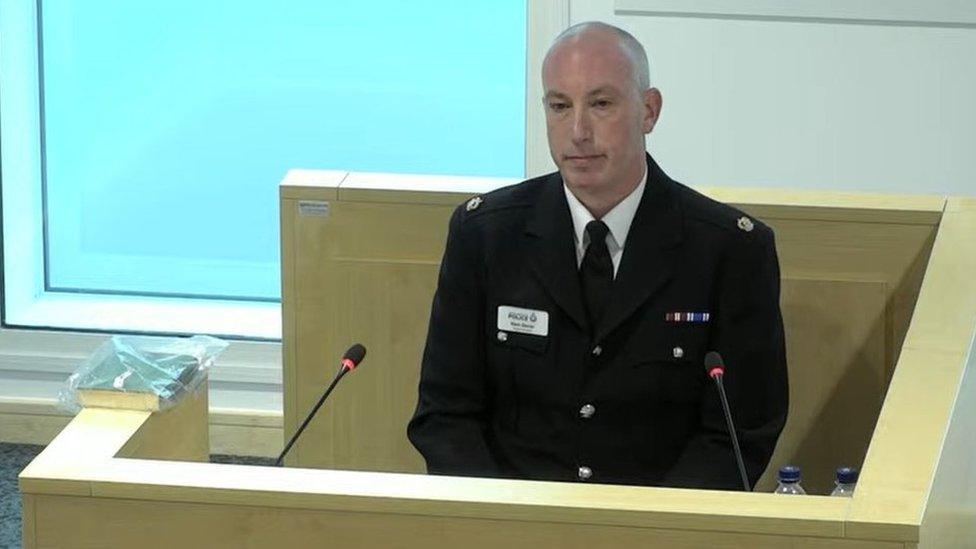
- Published19 May 2021
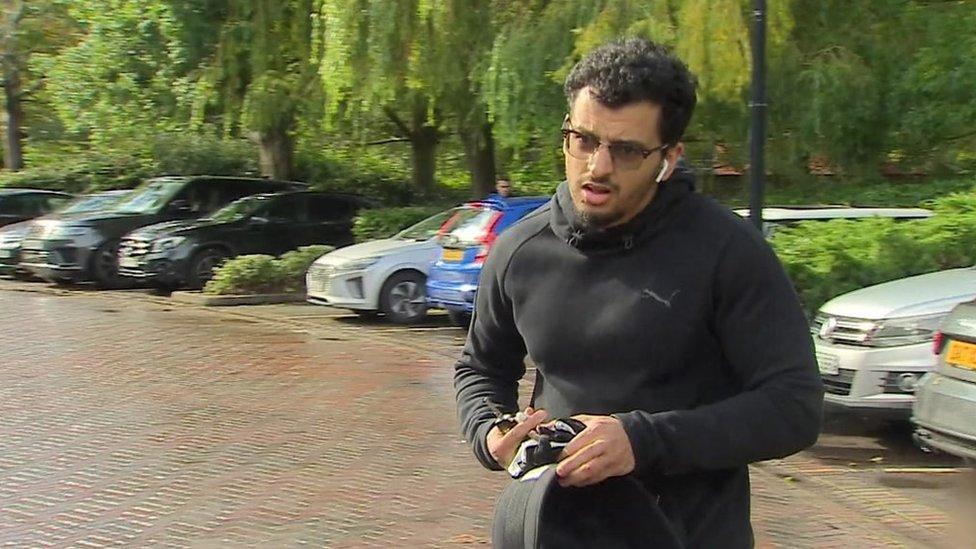
- Published18 May 2021
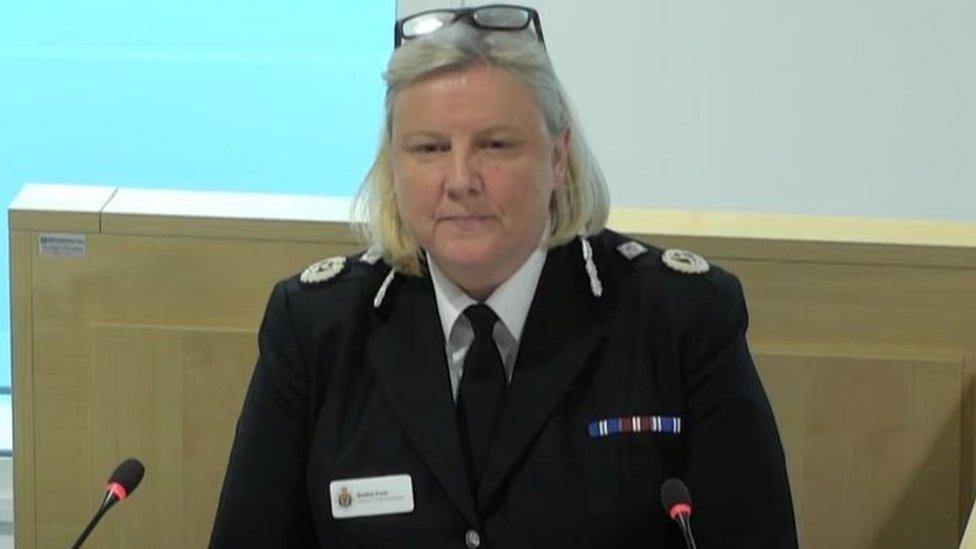
- Published17 May 2021
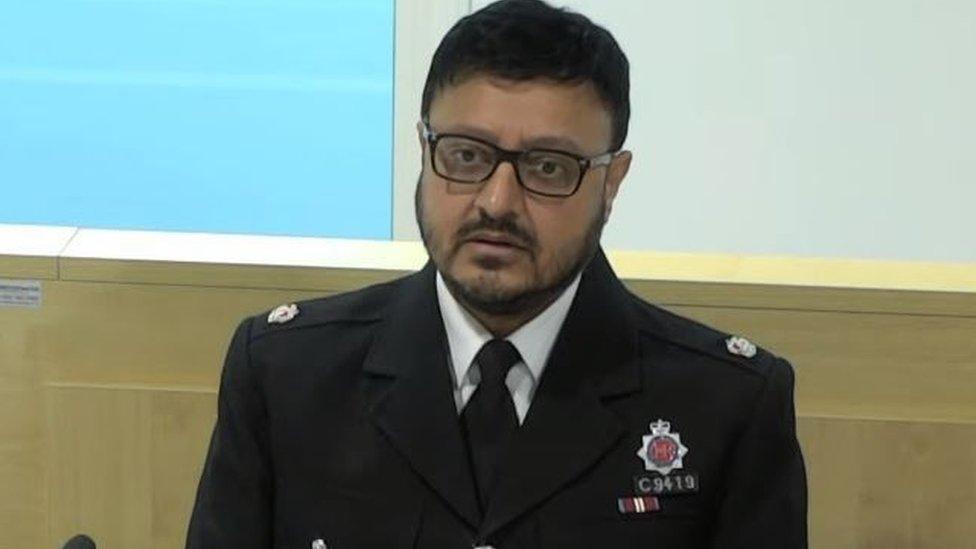
- Published13 May 2021
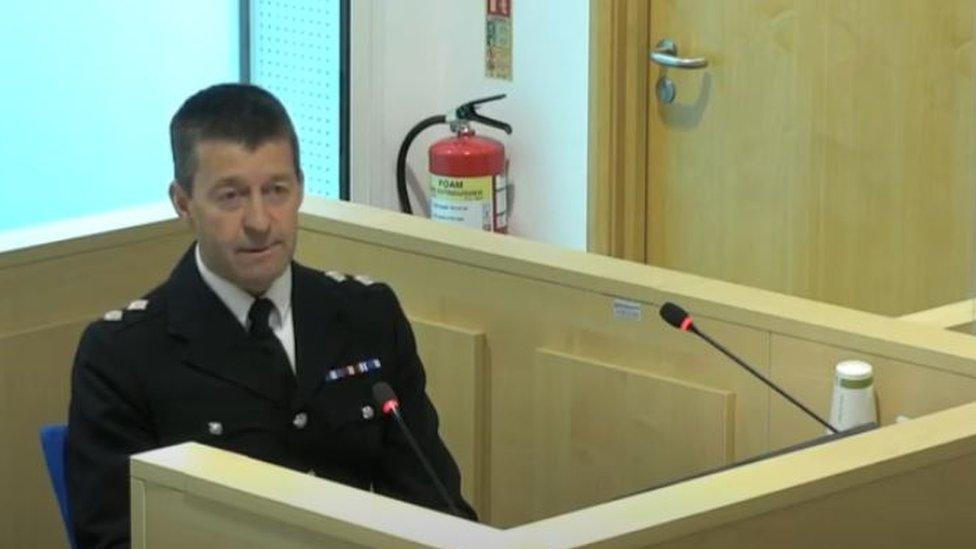
- Published11 May 2021

- Published7 May 2021
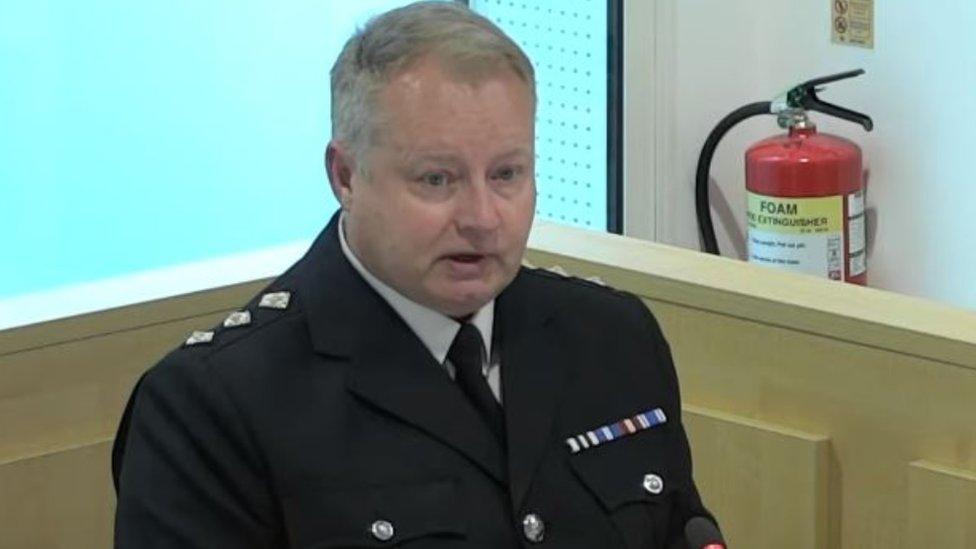
- Published6 May 2021
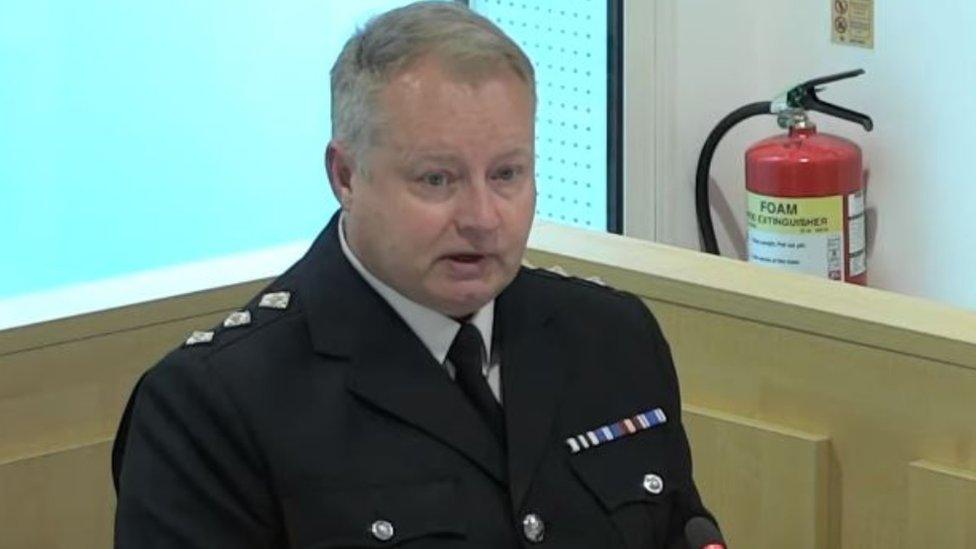
- Published5 May 2021
